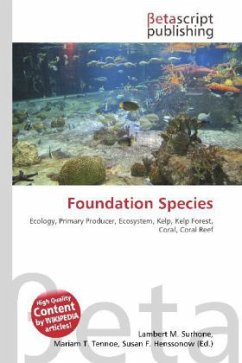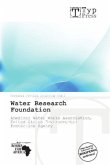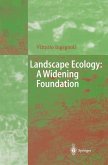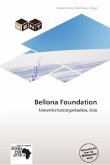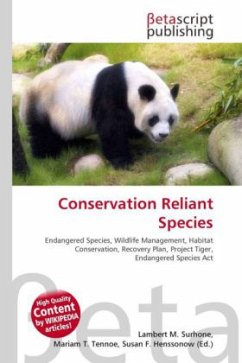Please note that the content of this book primarily consists of articles available from Wikipedia or other free sources online. In ecology, a foundation species is a dominant primary producer in an ecosystem both in terms of abundance and influence. Examples include kelp in kelp forests and corals in coral reefs. Kelp are large seaweeds (algae) belonging to the brown algae (class Phaeophyceae) and are classified as the order Laminariales. There are about 300 different genera. Some species can be very long and form kelp forests.Kelp fisheries is a branch of fisheries science that deals with the study of and uses of large seaweeds of the brown algae group that are commonly called kelp. Scientists group them in the kingdom plantea. Kelp grows in underwater "forests" (kelp forests) in shallow oceans. It requires nutrient-rich water below about 20 °C (68 °F). It is known for its high growth rate the genera Macrocystis and Nereocystis grow as fast as half a metre a day, ultimately reaching 30 to 80 m.
Bitte wählen Sie Ihr Anliegen aus.
Rechnungen
Retourenschein anfordern
Bestellstatus
Storno

